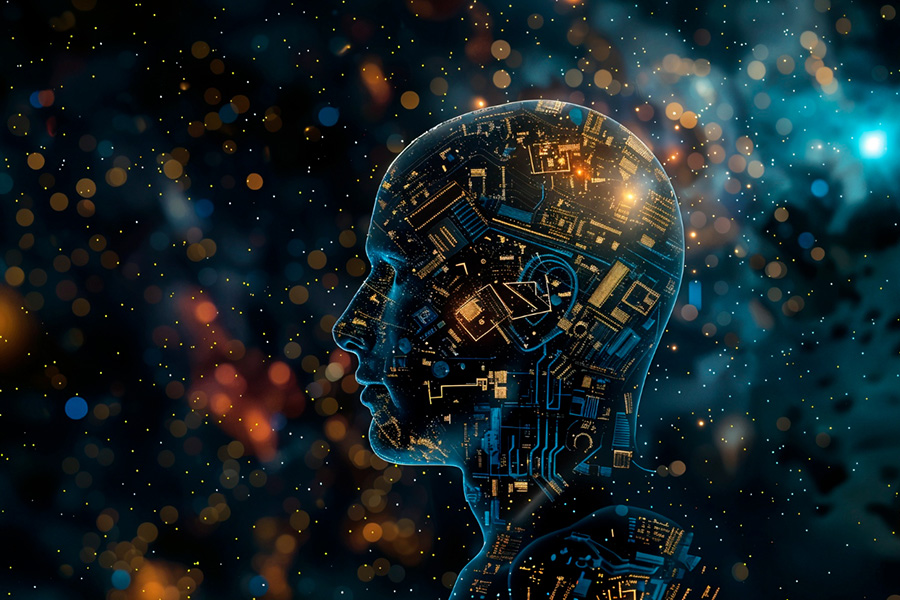
Understanding people’s attitudes towards AI and identifying the AI mindset are crucial for developing a harmonious human-AI interaction.
Authors
Soumya Choudhary, NIMHANS, Bengaluru, India
Akriti Srivastava, Department of Psychology, Central University of Karnataka, Kadaganchi, India
Akancha Srivastava, Associate Professor, Jindal School of Psychology & Counselling, O.P. Jindal Global University, Sonipat, India
Summary
It was Turing’s work in the year 1950 which dawned upon the idea of, if machines can work intelligently. This ignited many minds at that time. Norvig and Russell in 1995 explored four different approaches for AI: thinking humanly, thinking rationally, acting humanly and acting rationally. Taking on these approaches, the field of AI was defined further, based upon reasoning and behaviour. Though companies are using strategies and methods for stimulating cognitive functions in machines, it is needed to be understood that at the end of the day it is humans who are going to deal and work with it. They are the ones whose jobs are impacted by this; they consume and reject it; they circumnavigate in an AI-enabled world and its interface with human lives is increasing day by day.
So, there is a need to understand the mindset which enhances the probability of its acceptance and usage and whether these can be identified and trained. For the purpose of this, a questionnaire was developed and validated to understand people’s attitude towards AI. Basically, it will help in identifying the AI mindset which will eventually help prepare such mindsets that are as important as preparing data set. For the process of this, an item pool was generated, then an exploratory factor analysis was done. After, this validation of the tool will be done by establishing reliability and validity. With this the study also tried to measure the tendency of an individual to develop an AI mindset, to find out the positive and negative effects of constant interaction with AI in a human’s life and to find out the degree to which a human wants to fully develop an AI mindset.
Published in: Data-Driven Decision Making
To read the full chapter, please click here.

